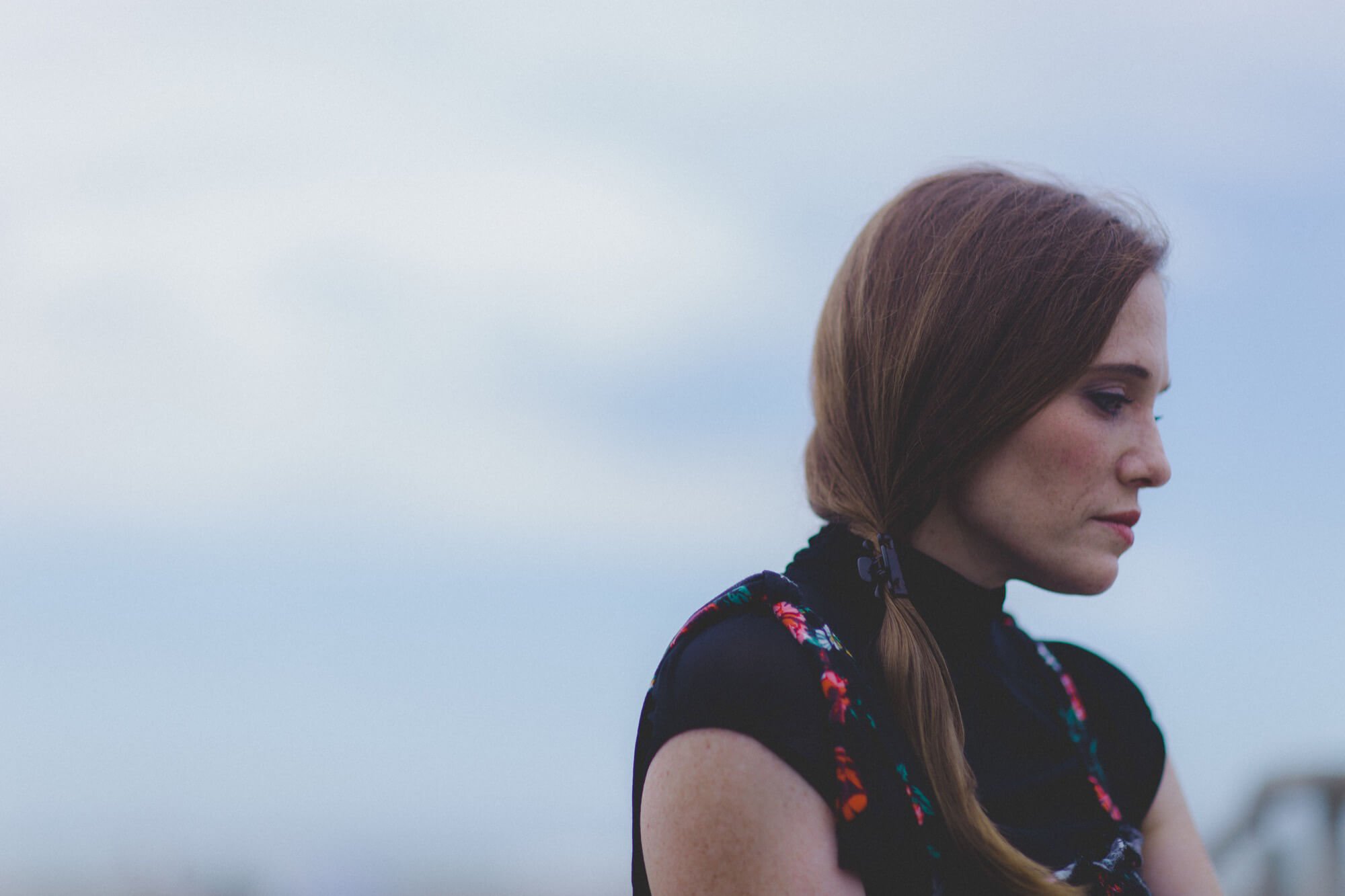
We all have a stake in the End of Life Choice Act conversation, but for some people, this Act is more than a thought experiment – it is a clear and present danger.
Hear the stories of five people who could have qualified for assisted suicide or euthanasia under the End of Life Choice Act when these documentaries were released in 2019. Watch as they bring you into the realities of their worlds and explain why they see the legalisation of assisted suicide and euthanasia as such a threat to their wellbeing and their lives. Included in these documentaries are commentaries from New Zealand and international experts in the fields of palliative care, law, disability, medicine, bioethics and policy.
Watch the Trailer
Watch Kylee Black’s Story:
Choice is a relative term
In the debate about legalising euthanasia, Kylee hears a lot of people talk about how it gives you a “choice”. But from her experience of living with a life-limiting (terminal) medical condition, choice is a relative term. When you live your life heavily reliant on other people and require costly treatments to stay alive, having the legal option to end your life could make you feel pressured to take up the offer.
Read More
Watch Claire Freeman’s Story:
A deadly double standard
Claire, a tetraplegic since the age of 17, once sought out assisted suicide from a clinic in Switzerland. When she realised that she wanted to die not because of her medical condition but because of her mental health, a whole new world opened up to her. She turned from assisted suicide supporter to assisted suicide critic. Today she wonders why New Zealand would accept and support the suicides of the seriously ill and the disabled when we’re trying so hard to battle suicide amongst the well and able-bodied.
Claire could become eligible for euthanasia under the terminal illness criteria if she were to refuse the cares and treatment that are keeping her alive.
Read More
Watch Dr John Fox’s Story:
A life in chronic pain
John shares his story of a life with cerebral palsy, chronic pain and declining mobility. Not one who usually seeks the limelight, John speaks out here to assert the right of those with disabilities to fair, compassionate, life-affirming treatment and inclusion in society. As he says, “If I were a 25-year-old rugby player, we wouldn’t be having this conversation. Suddenly, because I’m sick, I have to stand in front of a camera and say why I think my life is valuable. This in itself is a huge problem.”
Read More
Watch Vicki Walsh’s Story:
Terminal but not dead yet
Vicki, who had a terminal brain tumour, knows what it’s like to want to die. She also knows what it’s like to want to live. Watching recent high-profile cases of young women with brain tumours seeking a doctor’s assistance to die by a lethal dose, she felt extremely vulnerable – like she was being selfish by not ending her life. Laws send messages, and they have an impact beyond those who campaign for them so loudly and forcefully. Vicki didn’t want the law to tell her that her life is of lesser value than the lives of able-bodied people. Vicki Joy Walsh died naturally on 5 April 2021.
Read More
Watch Glenn Major’s Story
When prognosis is wrong
(As told by Heather and Rachel Major)
Glenn’s doctors gave him a prognosis of six months to live three times over a period of nearly nine years. Prognosis cannot only be a little off, it can be flat out wrong. Would euthanasia have been legal, Glenn could have ended his life with years still left ahead of him. He would have missed out on so much, as would his wife and young daughter.
